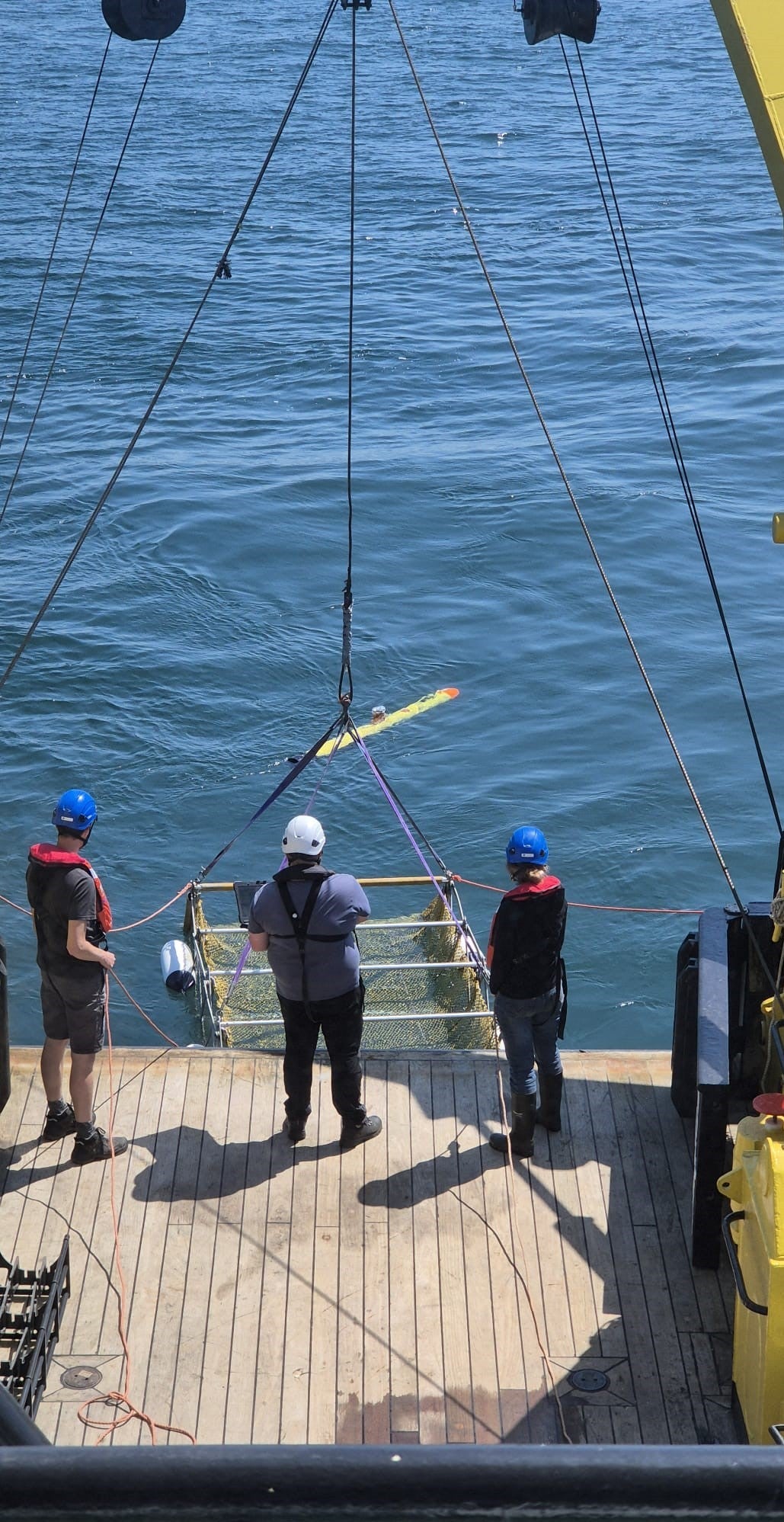Archaeologists find 3MILLION-year-old tools at site dubbed 'the cradle of humankind'
Share:
Archaeologists have discovered some of the first-ever tools used on Earth at a site in Africa dubbed 'the cradle of humankind.'. Found in Kenya's Homa Peninsula, this region has produced clues about humanity's early beginnings such as other ancient tools and the remains of 'Lucy' - a pre-human relative that lived more than three million years ago.
![[The tools were uncovered Kenya's Homa Peninsula, a region that has produced clues about humanity's early beginnings]](https://i.dailymail.co.uk/1s/2025/01/07/14/93826129-14256551-image-a-2_1736258726573.jpg)
The team uncovered three-million-year-old flakes, or small knives, created by hominins, the first pre-human species to walk on two legs, who hammered one stone against another to create sharp edges. Researchers at the City University of New York said the sharpened rock allowed them to peel and cut fruits and vegetables and slice the flesh of hippos.
![[Researchers at the City University of New York said the sharpened rock allowed them to peel and cut fruits and vegetables and slice the flesh of hippos]](https://i.dailymail.co.uk/1s/2025/01/07/14/93826133-14256551-image-a-3_1736258731643.jpg)
The tools are known as the Oldowan tool kit, which previously only spanned from 1.7 million years to 2.9 million years ago. Lead archaeologist Tom Plummer suggested that the tools found paved the way for everything that followed. 'In terms of technology, I think the Oldowan technology is the most important technological innovation that ever happened in human history,' Plummer told CBS News.
![[Remains of Lucy, an ancient human species that lived more than three million years ago, was also found in the region]](https://i.dailymail.co.uk/1s/2025/01/07/15/39900654-14256551-Lucy_was_an_adult_female_who_was_found_in_Ethiopia_and_is_though-a-4_1736262373019.jpg)
'It allowed hominins to access a whole array of foods that they never had access to before, fueling body and brain size increases.'. Archaeologists have discovered some of the first tools used on Earth. The artifacts are stones that ancient humans sharpened.
The new diet would have sparked a 'feedback loop' that led to more sophisticated beings and advanced technologies, Plummer said. While uncovering the tools was an amazing discovery for Plummer and his team, finding cut marks on nearby animal bones confirmed butchery was done.






















